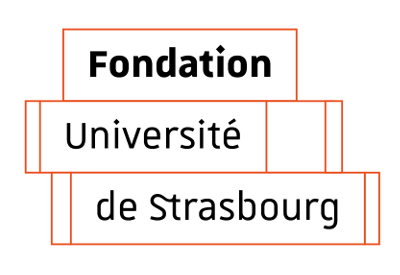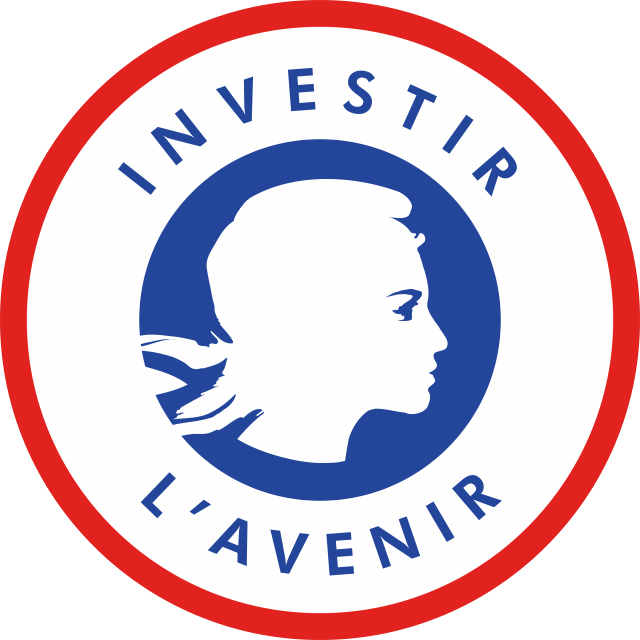Comptabilité et gestion financière
- Cours (CM) 24h
- Cours intégrés (CI) -
- Travaux dirigés (TD) -
- Travaux pratiques (TP) -
- Travail étudiant (TE) 48h
Langue de l'enseignement : Français
Description du contenu de l'enseignement
Introduction à l’entreprise
1. The company and its environment
2. Classifications: legal, type of activity, size
3. The main functions of the company and its organization
Basic elements of accounting
1. Basic principles of general accounting
2. Summary documents (Income statement and Balance sheet)
Elements of financial analysis
1. Working capital and working capital requirements
2. Profitability: intermediate management balances
3. Financial analysis ratios
Value creation and financial markets
1. The fundame ntal financial circuit of the company and the creation of value
2. The objectives of the company and its fundamental actors: shareholders, managers, creditors, financial markets and the company.
3. Fundamental principles of financial asset valuation: time value, risk, market efficiency and absence of arbitrage opportunities
4. Introduction to equity and bond markets
Investment and financing decisions
1. Investment decision and cost of capital
2. How should the firm finance itself
A la fin de ce cours, vous serez capable de :
Réaliser un diagnostic simple sur la santé d’une entreprise
Carry out a simple diagnosis on the health of a company
- L'entreprise et son environnement
- Classifications : juridique, type d’activités, taille
- Les grandes fonctions de l’entreprise et son organisation
- Principes de base de comptabilité générale
- Les documents de synthèse (Compte Résultat et Bilan)
- Fonds de roulement et besoin en fonds de roulement (FR et BFR)
- Rentabilité : soldes intermédiaires de gestion
- L’analyse financière par les ratios
- Le circuit financier fondamental de l’entreprise et la création de valeur
- Les objectifs de l’entreprise et ses acteurs fondamentaux : actionnaires, dirigeants, créanciers, marchés financiers et la société.
- Principes fondamentaux de valorisation des actifs financiers : la valeur temps, le risque, l’efficience des marchés et l’absence d’opportunités d’arbitrage
- Présentation des marchés d’actions et d’obligations
- Décision d’investissement et coût du capital
- Comment l’entreprise doit-elle se financer ?
1. The company and its environment
2. Classifications: legal, type of activity, size
3. The main functions of the company and its organization
Basic elements of accounting
1. Basic principles of general accounting
2. Summary documents (Income statement and Balance sheet)
Elements of financial analysis
1. Working capital and working capital requirements
2. Profitability: intermediate management balances
3. Financial analysis ratios
Value creation and financial markets
1. The fundame ntal financial circuit of the company and the creation of value
2. The objectives of the company and its fundamental actors: shareholders, managers, creditors, financial markets and the company.
3. Fundamental principles of financial asset valuation: time value, risk, market efficiency and absence of arbitrage opportunities
4. Introduction to equity and bond markets
Investment and financing decisions
1. Investment decision and cost of capital
2. How should the firm finance itself
A la fin de ce cours, vous serez capable de :
Réaliser un diagnostic simple sur la santé d’une entreprise
Carry out a simple diagnosis on the health of a company
Compétences à acquérir
Présenter les concepts et indicateurs essentiels de gestion financière et de comptabilité afin de permettre aux étudiants de lire et de comprendre l’information financière
Introdution of essential financial management and accounting concepts and indicators to enable students to read and understand financial information
Introdution of essential financial management and accounting concepts and indicators to enable students to read and understand financial information






